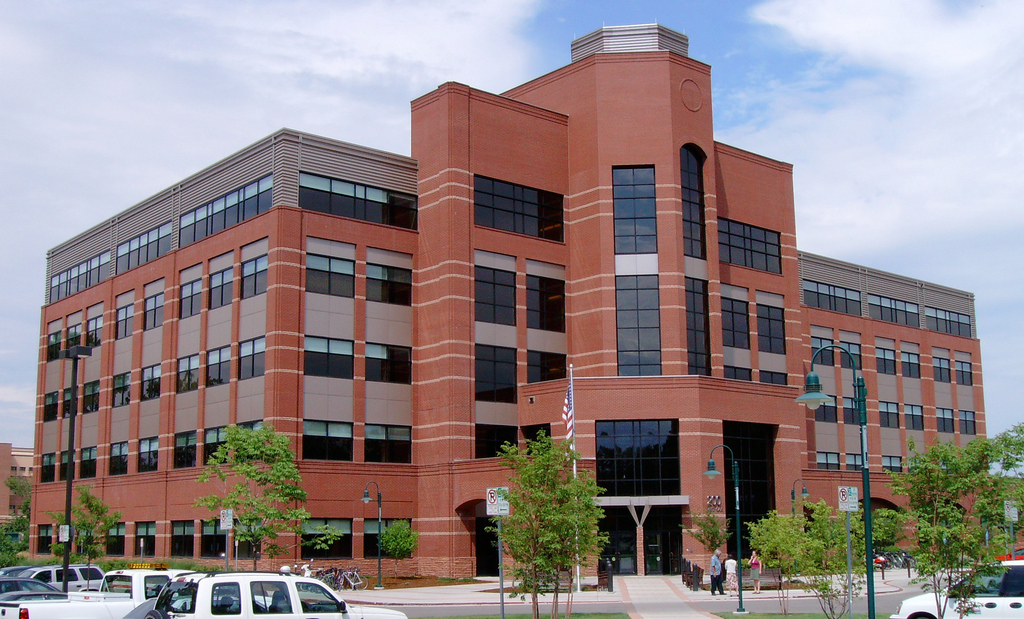March is National Disability Awareness Month.
- Do you know that 1 in 4 adults in the United States experience some type of disability?
- Anyone can experience a disability at some point in their life.
- Individuals of all races, genders, sexual orientations, nationalities, religions, incomes, and social classes experience disabilities.
- A disability is a visible or invisible condition that substantially limits one or more major life activities such as eating, sleeping, speaking, hearing, walking, seeing, breathing, caring for one’s self, or working.
As part of that, we invited Larimer County employees to share their stories and experiences with us, and we're sharing those with you here.






